The importance of canned goods
During World War II (1939-1945) or World War I, canned foods played a crucial role in the diet of soldiers and civilians. The war disrupted food supply circuits, making access to fresh food and a varied diet difficult. Canned goods helped to partially alleviate this food shortage by providing a reliable , transportable and easily storable food source.
Canned meat, especially corned beef , was popular with soldiers because it was high in protein and provided a source of energy to support the war effort. Canned vegetables and fruits have also played an important role in providing vitamins and nutrients needed for a healthy diet.
The governments of countries at war understood the importance of canned goods in the diet of their populations and implemented programs for the production and distribution of canned goods. Canned goods were also used in military rations, with cans of corned beef and vegetables forming an integral part of soldiers' daily rations.
The canned goods were also provided by charities , religious groups and even families to help support soldiers on the front lines and civilians affected by the war.
Combat rations often included canned foods , such as vegetables, fruits, meat and fish. Soldiers could easily take these canned goods with them on their travels and consume them whenever they wanted or could.
However, canned goods were often of poor quality and lacked variety, which could lead to food fatigue among soldiers and civilian populations. Additionally, making canned goods required significant resources, such as metals and energy , which were often in short supply during the war.
Despite these limitations, canned foods played an important role in the diet during the Great War, and their use helped meet the food needs of civilian populations and soldiers in a context of widespread food shortages.





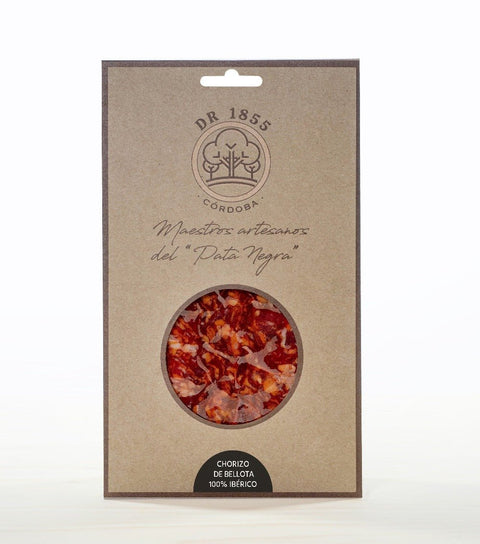
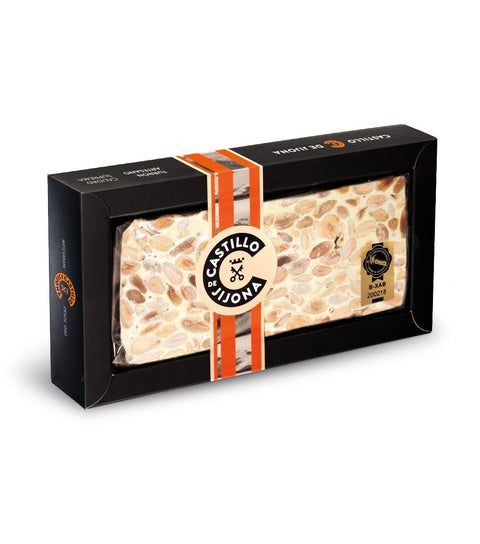
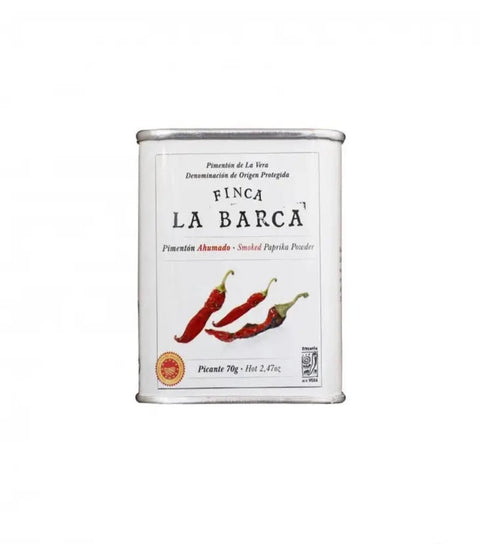
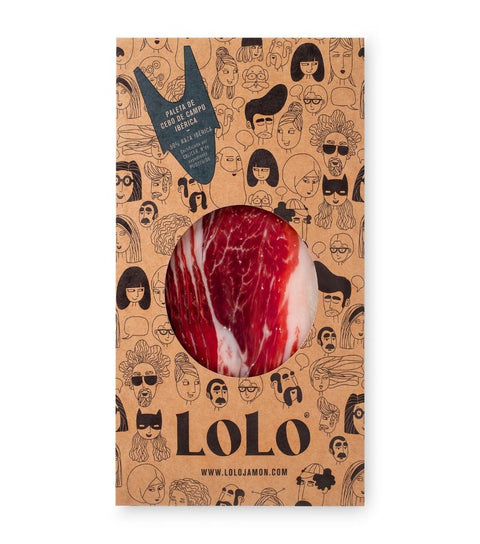
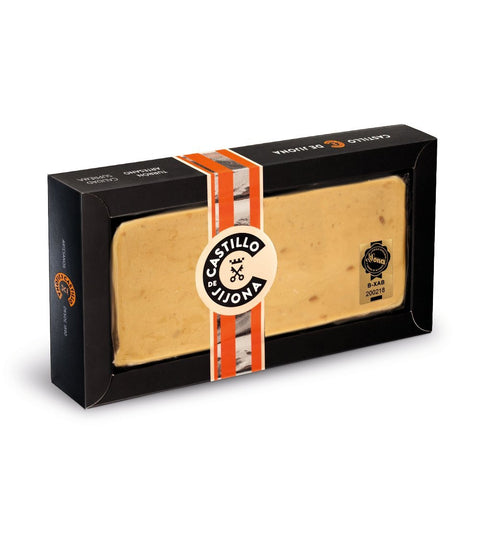
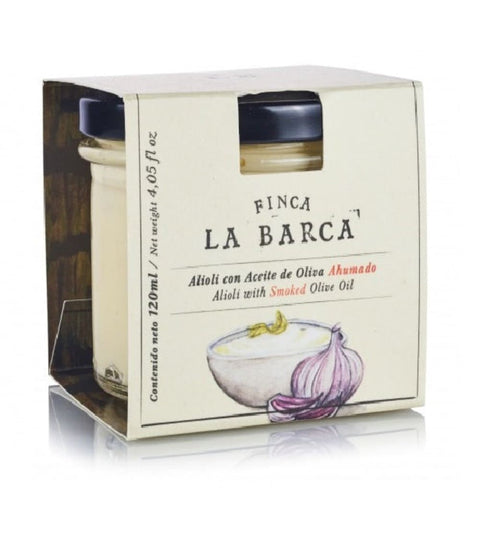
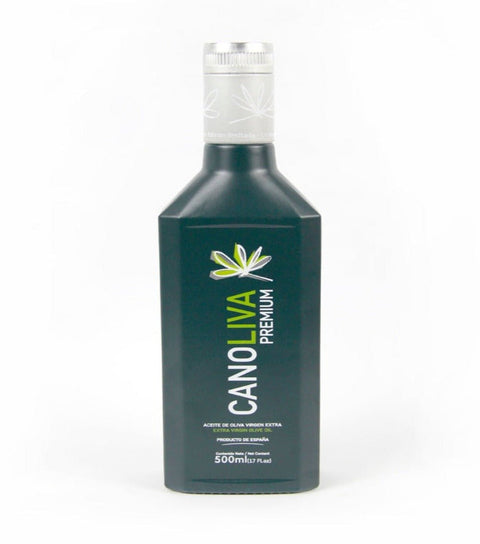
Comments (0)
There are no comments for this article. Be the first one to leave a message!